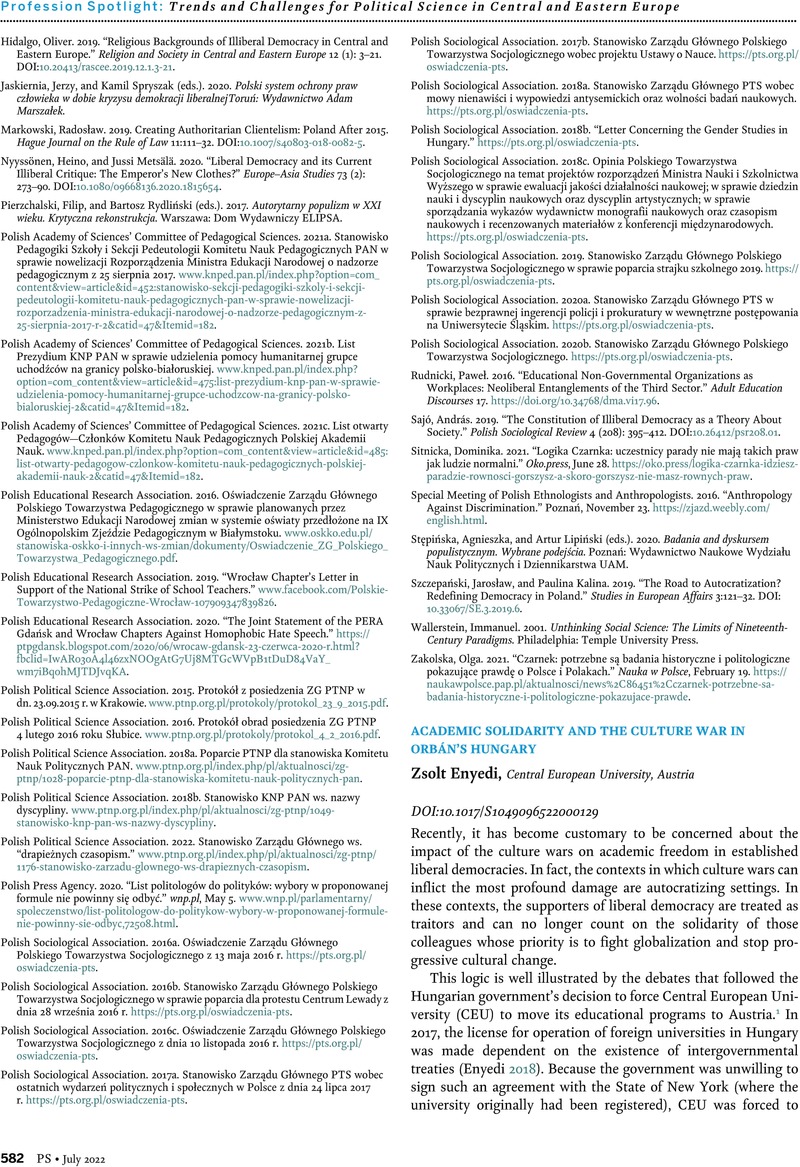Crossref Citations
This article has been cited by the following publications. This list is generated based on data provided by Crossref.
Kristóf, Luca
2024.
National Pride or Economic Utility? Attitudes towards Science in the Light of Political Polarisation 1
.
Politics in Central Europe,
Vol. 20,
Issue. 2,
p.
303.



